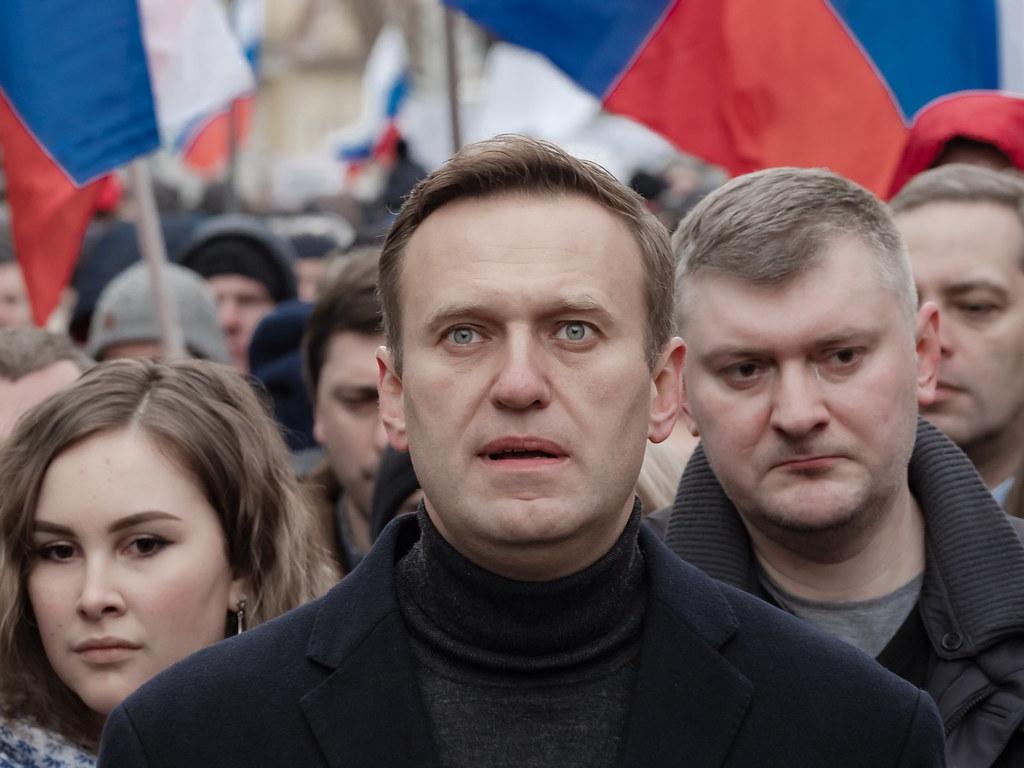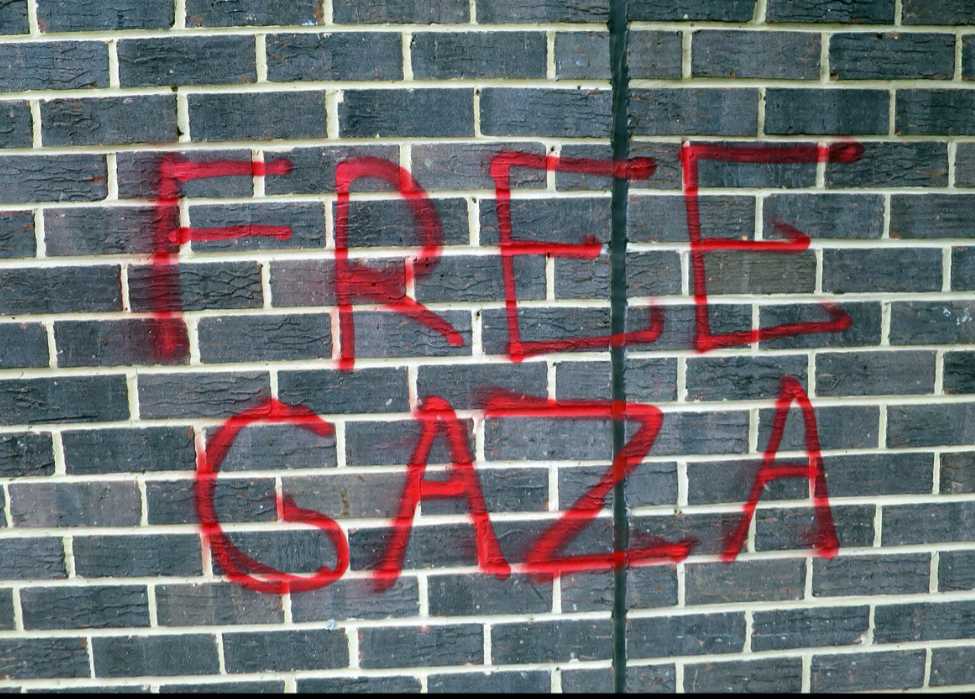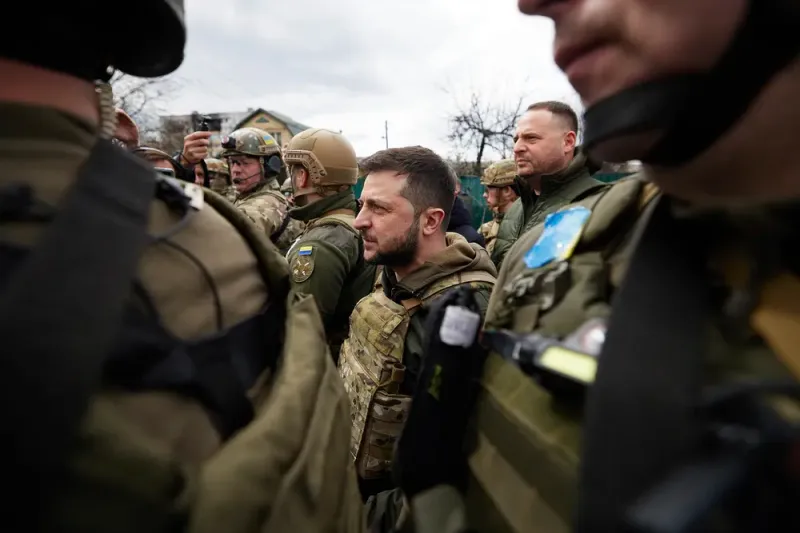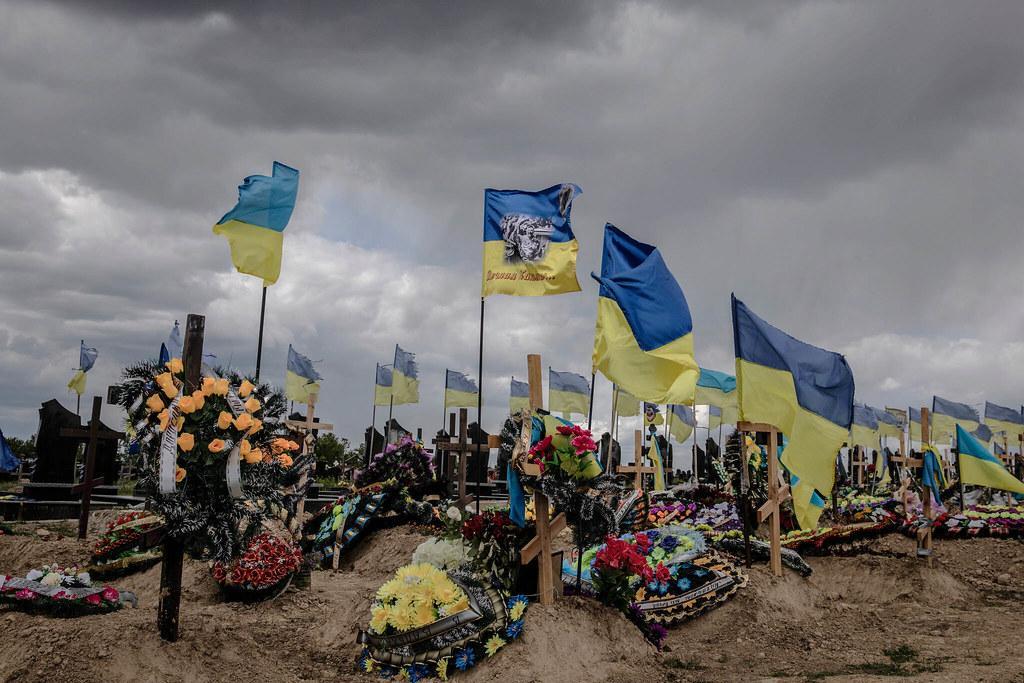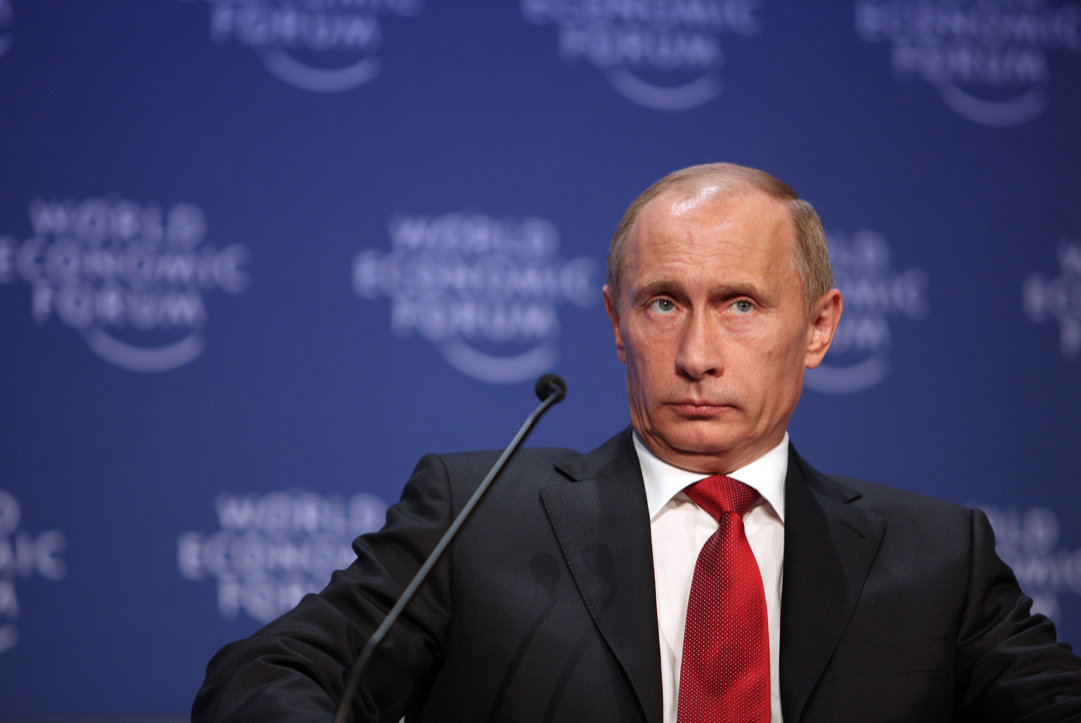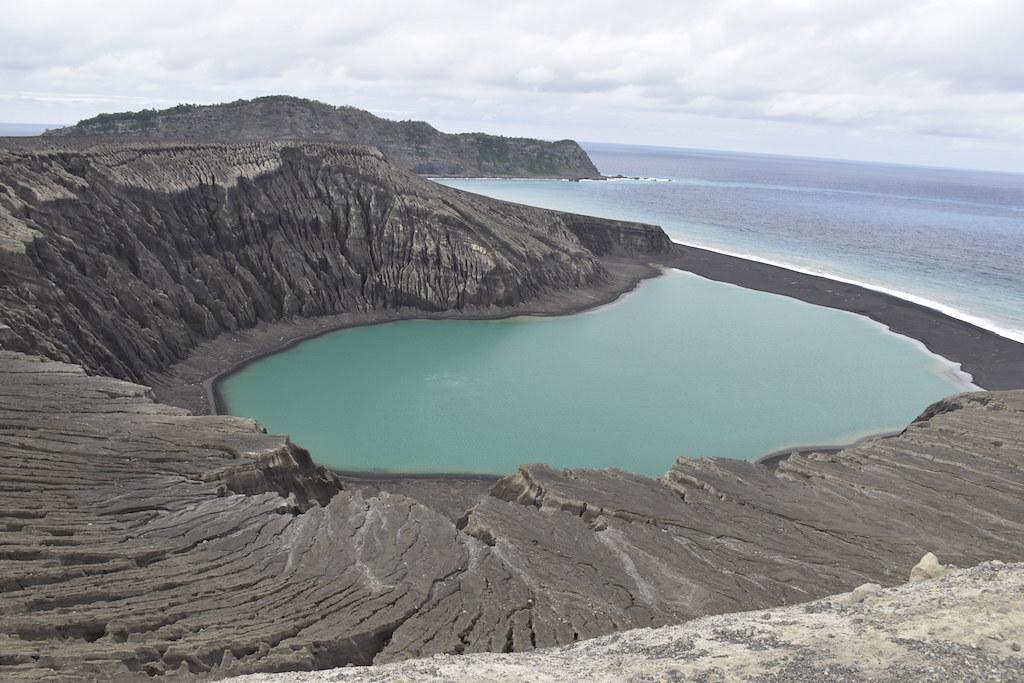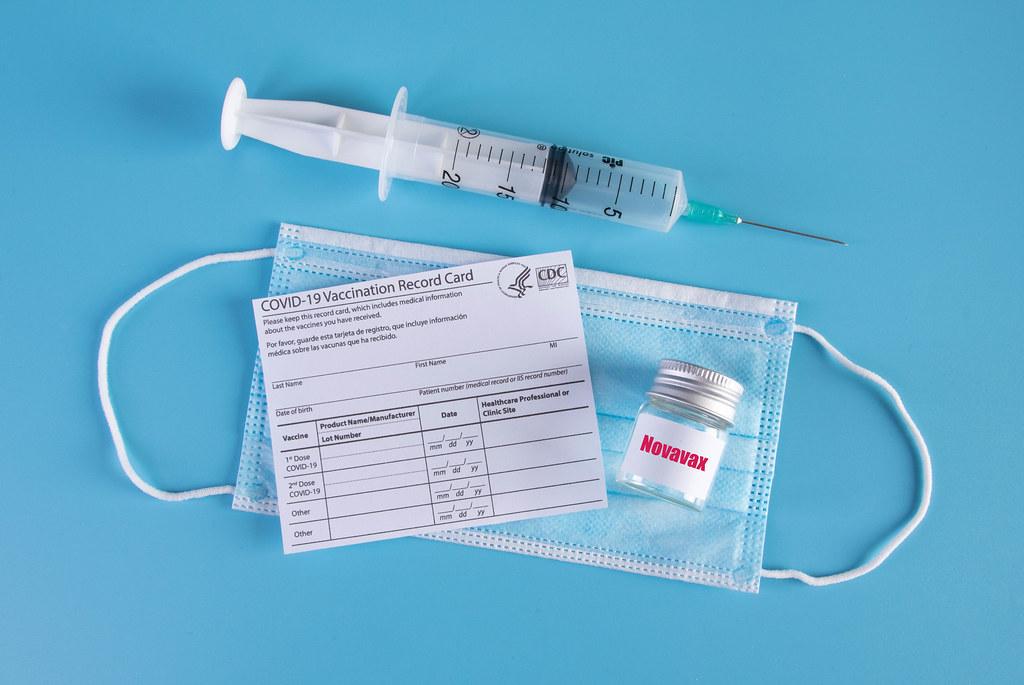Since March 31, Russian dissident Alexei Navalny has been on a hunger strike in his prison cell in Pokrov, Russia. He is reportedly protesting his treatment in prison — he is being deprived of sleep and medical care. He has a fever and breathing problems, and is also suffering from severe back pain and numbness in his hands and legs. According to one of his lawyers, he is also losing two pounds per day, and is already down 30 pounds. Additionally, three men in his barrack have been diagnosed with tuberculosis.
Russia denies accusations that there is only one paramedic and no doctors in the prison. In a statement, they said they are providing “all the necessary medical assistance in accordance with his medical indications.”
Russia has labeled Navalny an escape risk despite his voluntary return to Russia after being treated for poisoning, allegedly by the Russian government. This designation means that he is woken every hour during the night by a guard shining a torch in his face.
“There is a real prospect that Russia is subjecting him to a slow death,” tweeted Agnès Callamard, incoming head of Amnesty International. Russia allegedly sent a TV team to taunt Navalny. When Navalny’s doctor arrived at the prison and demanded access, she was detained along with several journalists. Navalny was even denied a family photo album by prison guards.
Guards have reportedly planted sweets in his clothes and grilled and fried chicken to break Navalny’s hunger strike. “This is the essence of this regime’s [belief]: why would anyone want to defend his principles or fight for his rights if there is tasty grilled chicken nearby?”, said Navalny’s lawyers on Instagram.
The Kremlin has purposefully killed political prisoners in the past. In 2009, Russian lawyer Sergei Magnitsky, who uncovered a fraud by government officials, died in prison following similar mistreatment to the alleged mistreatment of Navalny. William Browder, the Western businessman who employed Magnitsky has been fighting for justice in Magnitsky’s case by asking Western governments to sanction Russian officials involved in Magnitsky’s case, and sanction Russia for other alleged human rights violations. Browder is now speaking out in support of Navalny. He advises Western governments to freeze assets of Russian oligarchs who support Vladimir Putin, and issue visa bans on those officials and their families. There are 35 oligarchs that Navalny has identified as the main protectors of Putin’s fortune, and Browder wants these officials to be punished. Some Western nations have implemented sanctions, but many argue they are not severe enough.
Navalny’s team has garnered over 400,000 signatures on a petition to free him from prison. As his health slowly deteriorates, however, his political campaign is gaining increasing traction, and his case has highlighted the brutality of the Russian government.





























